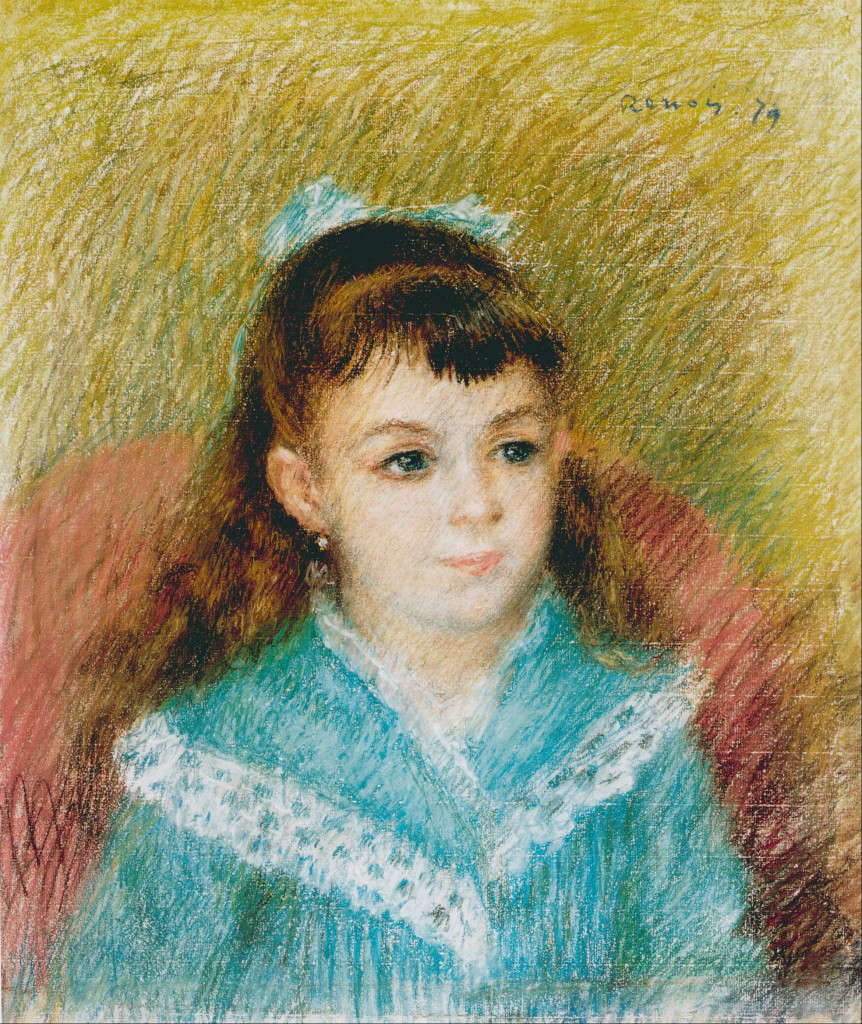– Research has shown that seemingly benign statements about math such as “I never liked it” rub off on your children, doing them serious and lasting harm. According to a 2015 study, elementary students who were helped by math-anxious parents learned this matter less well that than their peers whose parents were not math-averse. Jennifer McCray, assistant research scientist and principal investigator at the Erikson Institute’s Early Math Collaborative gives parents some great tips towards a more positive math learning attitude.
– Look for math in everyday moments. For example, count steps aloud when climbing them with your toddler. Teach your children to keep a running tab in their head when shopping at the grocery store. Talk with them about measurements at the gas station, by baking cookies, or by doing home repairs.
– Play math games together. Card games such as Capture and dice games such as Yahtzee or Farkle.
– It’s really important not to express your own disgust. Avoid telling aloud that you hate math, that you are lousy at it, or any other math-bashing phrase to your child, even if you think so. “Somehow, we’ve gotten to this place where it’s almost a fashionable thing to say you’re bad at math,” McCray said. “It creates the idea that math is for a special and unusual group of people. But math really does crop up every day in everybody’s life.”

Portrait of a Young Girl – Pierre-Auguste Renoir (Wikimedia Commons)
READ THE ORIGINAL ARTICLE


